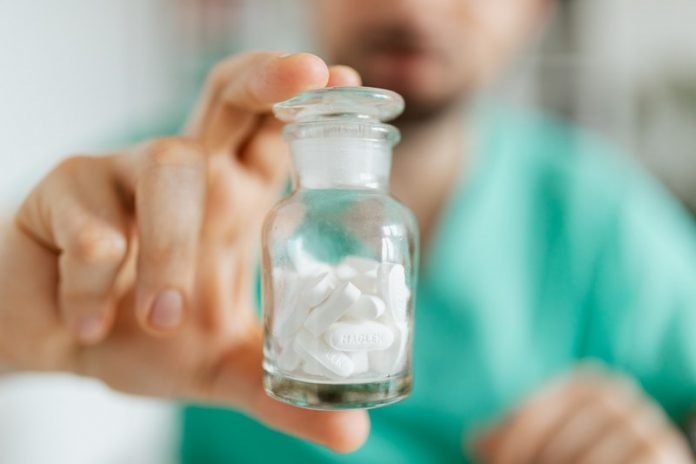
There are no therapeutics available that have been developed for COVID-19 treatment.
Repurposing of already available medication for COVID-19 therapy is an attractive option to shorten the road to treatment development.
In a new study, researchers found that the drug Camostat could be suitable.
Camostat exerts antiviral activity by blocking the protease (an enzyme that breaks down proteins and peptides) used by SARS-CoV-2 for entry into cells.
In addition, the researchers found that Camostat can inhibit SARS-CoV-2 infection of primary human lung tissue.
The research was conducted by a team from the German Primate Center (DPZ) – Leibniz Institute for Primate Research.
Camostat is used in the treatment of some forms of cancer and is also effective against some viral infections, as well as inhibiting fibrosis in liver or kidney disease or pancreatitis.
The researchers previously documented that the drugs camostat and nafamostat, which are used in Japan to treat inflammation of the pancreas, block SARS-CoV-2 infection.
in the study, the team found that SARS-CoV-2 can use several proteases for infection.
These proteases may support viral spread in the upper respiratory tract and are blocked by the drug Camostat.
The researchers could show that not only Camostat but also a major Camostat-metabolite, GBPA, block SARS-CoV-2 infection.
In the human body, Camostat is rapidly converted to GBPA. Therefore, it was crucial to demonstrate that not only Camostat but also GBPA exert antiviral activity.
The results suggest that Camostat/GBPA may unfold antiviral activity in patients. However, for effective treatment of COVID-19, a higher Camostat dose might be required as compared to pancreatitis treatment.
The team says the antiviral activity of Camostat and GBPA are beyond the treatment of COVID-19. It could also be successfully used to treat influenza.
The study is published in EBioMedicine. One author of the study is Stefan Pöhlmann.
Copyright © 2021 Knowridge Science Report. All rights reserved.



